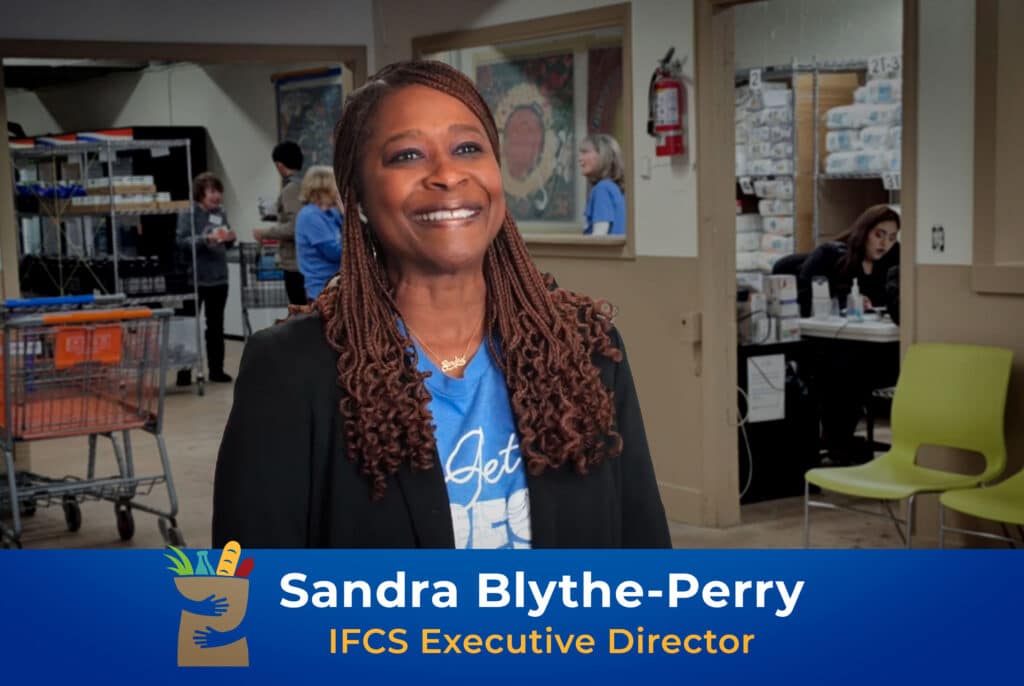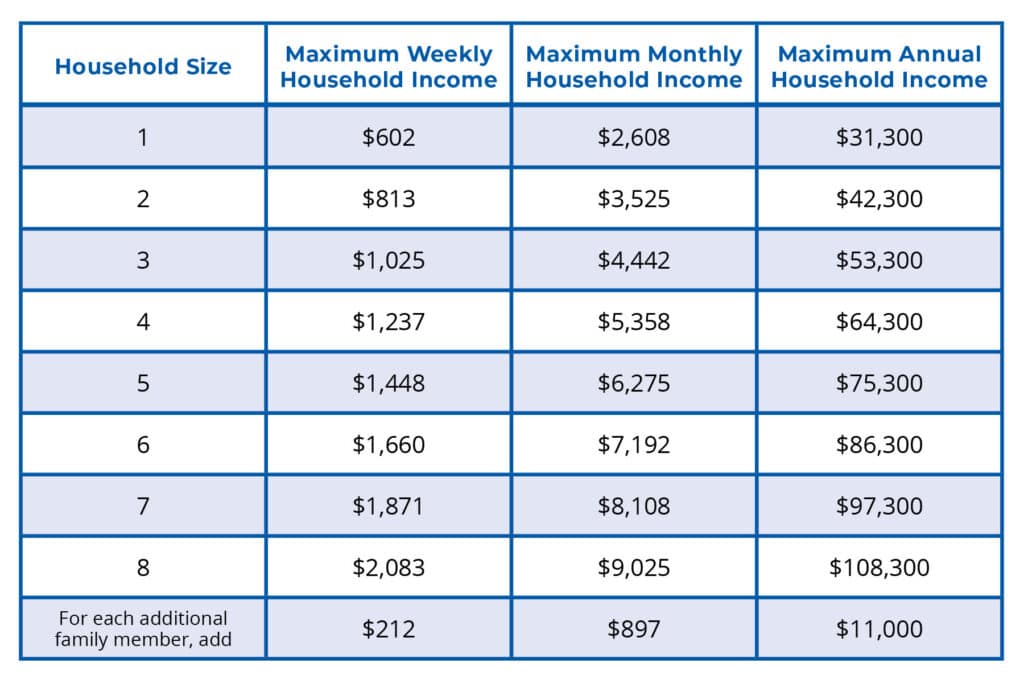Letter from our Executive Director, Sandra Blythe-Perry
First published July 21st, 2025. Updated October 23, 2025. We will update this page as the situation evolves.
At Integrated Family Community Services (IFCS), our mission is simple but powerful: To Nourish Lives. We strive to uphold this mission every single day by serving individuals and families facing food insecurity and financial hardship in our community.
With the July, 2025 signing of a new federal bill by President Donald Trump, and the recent announcement of SNAP benefits being held for November, many in our community are wondering what this means for food assistance programs and those who rely on nonprofit organizations like ours. While IFCS does not take political positions, we are deeply aware of how legislative decisions can impact the people we serve, and we are committed to staying focused on what matters most: ensuring that no one in our community goes hungry.
Understanding the New Legislation
Though the bill covers a broad range of topics, several provisions could significantly affect food security and community services. These include:
- Changes to food assistance programs, such as reductions in SNAP (Supplemental Nutrition Assistance Program) funding or eligibility requirements—or, as we recently learned, the suspension of SNAP altogether due to the government shutdown.
- Shifts in government support for nonprofits, including potential decreases in federal or state funding for food banks and human service organizations.
- Regulatory changes that may affect how nonprofits operate and serve vulnerable populations.
These changes could have wide-reaching effects, especially for families already living on the margins.
What This Means for the People We Serve
At IFCS, we remain unwavering in our role as a first responder for the community. We are not aligned with any political agenda—we are aligned with people. And we are prepared to meet this moment.
When the COVID-19 pandemic hit, many organizations struggled to adapt. IFCS, however, drew upon our decades of experience to remain resilient. We knew how to stretch every dollar and pivot quickly. We have always filled the gaps, especially when other programs fall short. That’s what we’ll continue to do now.
We’re already seeing the early effects of social and political changes on our community:
- Rising food costs.
- Increased demand from immigrant families and those impacted by shifting federal enforcement.
- A growing number of families are relying on IFCS not just for supplemental help, but as their primary source of food.
A recent survey of our participants revealed that more households than expected depend on our pantry services as a lifeline. The ripple effects of reduced assistance will go beyond hunger—they will impact community health, child development, senior stability, and overall family wellbeing.
Our Response Plan: Prepared, Proactive, and Rooted in Compassion
IFCS has been a steady hand through turbulent times—from the Vietnam War to the gas crisis, through the dot-com bust, the “great recession” of 2008, and into the pandemic. For more than 60 years, we’ve shown up for our neighbors—and we’re not stopping now.
Here’s what we’re doing in response:
- Partnering with local leaders and organizations to address anticipated needs.
- Launching emergency appeals for food and financial support.
- Preparing for an influx of families who may lose SNAP benefits—we are ready to serve 500+ new households if needed.
- Engaging in public education and policy discussions to highlight the real-world effects of these decisions.
We are here, and we are ready.
A Call to Action: We Need You Now More Than Ever
Now is the time for our community to come together.
- Donors – Your support allows us to keep our shelves stocked and our doors open. Please consider increasing your contribution if you’re able. See the many ways you can donate here.
- Volunteers – Your time and energy fuel our operations. Join us in this essential work. Get more information on volunteering here.
- Community Leaders and Policymakers – We urge you to consider the lived experiences of those affected by these policy changes and to support initiatives that promote food security and dignity.
Together, we can make sure that no one is left behind. IFCS will continue to Nourish Lives—no matter the climate, no matter the challenge.
 With gratitude,
With gratitude,
Sandra Blythe-Perry
Executive Director
Contact Sandra Here



